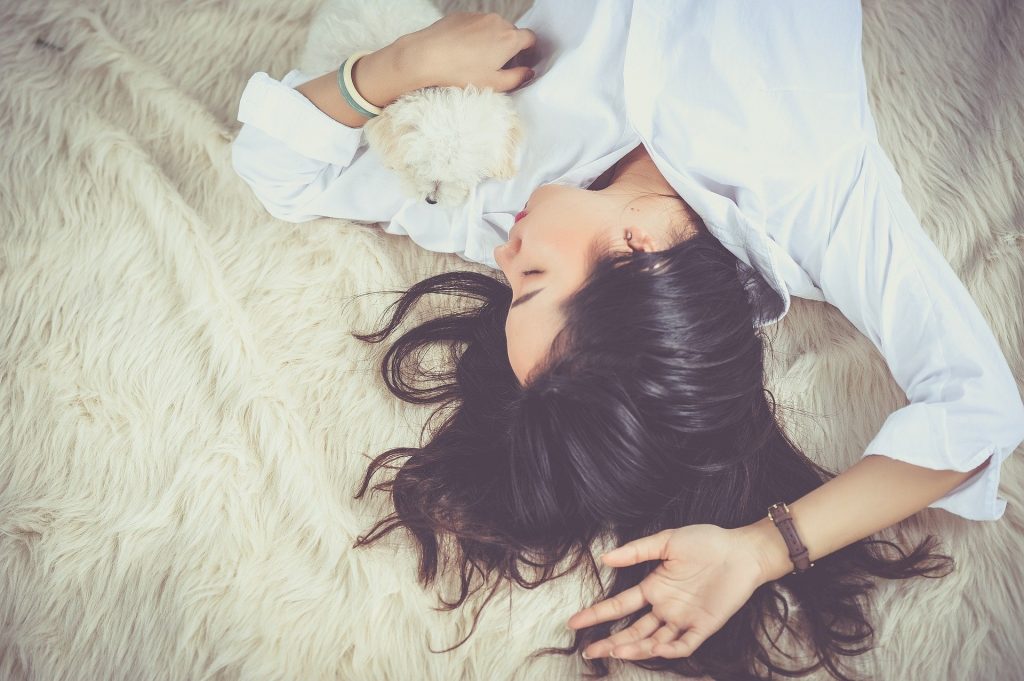There are numerous sleep remedies that people swear by – from Old Wives’ Tales to modern technologies. Some of them are backed by science; others, not so much! But even then, the mind is a powerful thing and an expectation that something will help with a better night’s sleep is often enough to achieve it.
A great night’s sleep is essential for your overall health and wellbeing, yet for many reasons, it can be elusive for a lot of people. At some stage, we’ll all have trouble getting a good night’s sleep, but for some, it’s an unwelcome part of their daily life.
Old Wives’ Tales That Work for Better Sleep
- A Glass of Warm Milk
It may be a stereotype, but this Old Wives’ Tale is backed up by science. Dairy milk contains trace amounts of Tryptophan, which is a chemical that helps to induce sleepiness. It is just as effective consumed warm or cold, however warm drinks at bedtime are soothing.
- A Warm Bath
A warm bath before bed is a great way to relax and it also helps sleep come easier and faster. The body’s temperature naturally drops a little within a couple of hours of falling asleep, and by taking a warm bath, the process of cooling down is sped up dramatically.
- Use Lavender
Lavender is a proven remedy to assist with relaxation and sleep. It reduces blood pressure and decreases the heart rate. Diffuse lavender essential oil, pour a few drops in your evening bath or sprinkle a little onto your pillow. You could even rub a few drops onto your temples.
- Chamomile Tea
While coffee, green tea, and black tea are not a good idea late at night (due to caffeine), drinking chamomile tea is a proven sleep remedy that supports relaxation and good sleep patterns.
- Count “Sheep”
Visualisation is a powerful way to gently focus the thoughts away from daily stresses. Counting sheep, your breaths, or anything you prefer can help you switch off.
- Avoid Late-Night Eating
Eating a large meal can overstress the digestive system, leading to insomnia and potentially vivid or disturbing dreams. It can also cause indigestion. Particularly, avoid alcohol, spicy foods, heavy foods, and cheese late at night.
- Dim Your Lights
The body naturally responds to darkness and this is important for sleeping at night. Only go to bed when you are legitimately tired – and dim your lights an hour or two before bedtime. This will help your body release and respond to melatonin and rest more effectively.
- Read in Bed
Reading before sleeping (a traditional book or non-backlit e-reader) is a great bedtime ritual to help you wind down. It is a relaxing, satisfying part of a bedtime routine.
- Screens Off!
In modern life, screens are everywhere – and they are the worst thing for sleep! Bright or backlit screens disrupt your natural dopamine levels. This is a brain chemical essential to mood and sleep. Turn off the TV, phone, computer, and gaming devices at least an hour or two before bed.
- Wear Socks to Bed
It might not be the “sexiest” look, but wearing socks to bed can help to improve circulation in the legs and speed the process of becoming drowsy and falling asleep.
- Try Valerian
Valerian is a herbal remedy that was used at least as far back as ancient Rome to help people sleep deeply. It works by subtly boosting the production of a brain chemical called gamma-aminobutyric acid (GABA) which promotes sleep and drowsiness, as well as alleviating anxiety. It is effective and easy to purchase in pharmacies and health food stores. It must be taken regularly but not for more than one month without medical advice. It can sometimes cause vivid, strange dreams for some people.
Find what works for you – and if you have chronic trouble sleeping well, chat to your doctor about it to rule out any health issues which may be contributing to the problem. No matter what the cause, there is a solution and you will feel better, perform better, and be healthier with a regular good night’s sleep.
Written by Alana Wills, Freelance Contributing Writer


